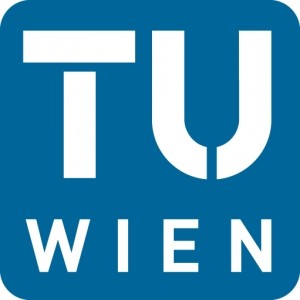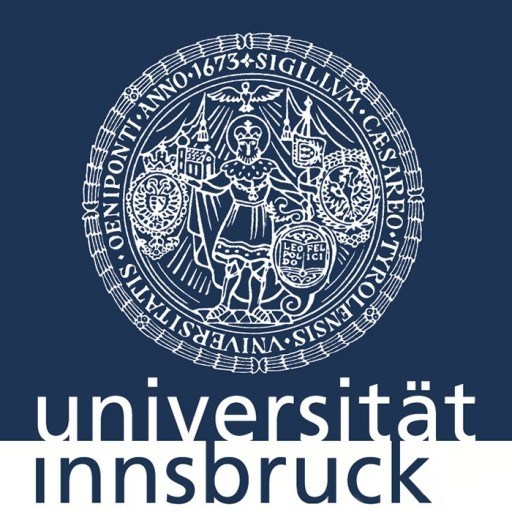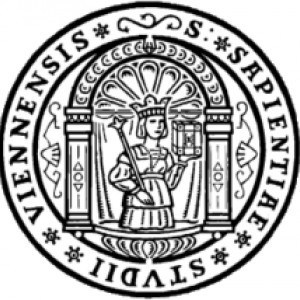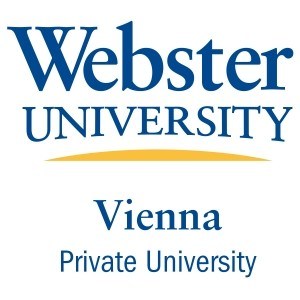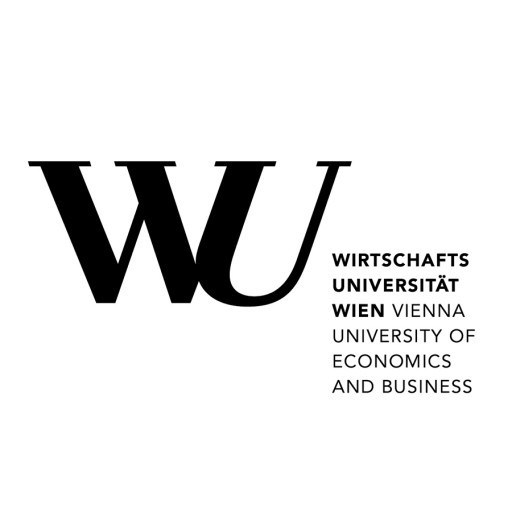Photos of university
The Master curriculum Telecommunications is one of four Master curricula in Electrical Engineering and Information Technology. Telecommunication is all about transmission, switching, networking, and processing of messages and information.
Messages in the form of audio, video, or data are converted into electronic or photonic signals, and subsequently encoded for fast and secure transmission via wirelines, via optical fibers, or in free space.
- Signal Processing
- Communications Networks
- Wireless Communications
- Digital Communications
- RF Techniques
- Photonic and Optical Communications
- Signal Processing
- Communications Networks
- Wireless Communications
- Digital Communications
- Informatik für Elektrotechniker
- Analoge und Digitale Schaltungen
- IKT in Energienetzen
- Automation
- Antriebstechnik
Electives
- Advanced Signal Processing
- Network Security
- Advanced Wireless Communications
- Advanced Digital Communications
- Advanced RF Techniques
- Advanced Photonics
- Photonic and Optical Communications
- Digital Communications
- Energieversorgung
- Smart Grids
Requirements
- A degree from one of the following accredited national or international degree-granting programs (Bachelor, Master or Diploma): architecture, civil engineering, mechanical engineering, media computer science, software & information engineering, technical computer science or any other subject related field (if the field is subject related or not is decided by the dean of studies).
- Special entrance qualification for university (just if you are not a member of an EU/EWR country).
- CV including relevant work experience (max. 3 A4 pages)
- Statement of intent (max. 2 A4 pages)
- Proficiency in English language. (CAE - minimum score 45, FCE – minimum grade C, IELTS Academic– minimum score 6.5, TOEFL iBT – minimum score 87)
- Proof of academic aptitude through recognized exams (preferred GRE)
The financing of the Telecommunications master's program at the Vienna University of Technology is primarily supported through a combination of state funding, tuition fees, and possible financial aid options. As an Austrian public university, tuition fees are regulated by national policies; for non-EU/EEA students, fees are higher compared to EU/EEA students, whose tuition is subsidized by the government. Currently, tuition fees for non-EU students are approximately €726.72 per semester, whereas students from the EU and EEA countries generally pay only a small administrative fee, which is around €20 per semester. These fees are payable directly to the university and are used to cover administrative costs, infrastructure, and academic resources necessary for the program.
Students may also have access to various scholarships and financial aid programs. The Austrian government and the Vienna University of Technology offer several scholarships aimed at supporting students financially during their studies. These include merit-based scholarships, need-based grants, and mobility grants to promote international exchange. Additionally, students can apply for external funding sources, such as the Austrian Academic Exchange Service (OeAD) scholarships, which support both local and international students based on academic achievement and financial need.
Part-time employment is another common way for students to finance their studies, with many students working during semesters in university facilities or nearby companies. The legal framework in Austria allows students to work up to 20 hours per week during the semester, providing an opportunity to earn supplementary income. Employment also offers practical experience that can complement academic learning and improve employability after graduation.
International students should consider additional costs such as health insurance, accommodation, and living expenses. The university provides guidance on health insurance options, which are mandatory for all students. Many students opt for public health insurance plans, which are affordable and comprehensive. The cost of living in Vienna varies but generally ranges from €800 to €1,200 per month, covering housing, food, transportation, and personal expenses.
International students are encouraged to explore scholarship opportunities early and plan their finances accordingly. The university's international office offers support in applying for scholarships, understanding visa requirements, and budgeting for their stay. Overall, the financial landscape for students enrolled in the Telecommunications master's program involves a mix of governmental subsidies, tuition fees, scholarships, student employment, and personal savings, making it manageable for most students to finance their education through a combination of these sources.
The Telecommunications Master's programme at the Vienna University of Technology is designed to equip students with comprehensive knowledge and practical skills in the field of telecommunications engineering. The programme emphasizes advanced topics such as network architectures, wireless and mobile communication systems, signal processing, data transmission, and modern communication protocols. Students have the opportunity to learn about the latest developments in broadband internet, 5G technology, optical communication, and network security. The curriculum combines theoretical foundations with hands-on projects, lab exercises, and research activities to prepare graduates for the rapidly evolving telecommunications industry. The programme aims to develop both technical expertise and analytical skills, enabling students to design, analyze, and optimize complex communication networks. Collaboration with industry partners and participation in research projects provide valuable practical experience. Graduates of this programme are well-prepared for careers in telecommunications companies, network providers, research institutions, and technology development firms. The programme is typically structured to include coursework, practical training, and a master's thesis. Courses are taught by experienced faculty members who are active in research, ensuring that students receive up-to-date knowledge aligned with industry needs. The language of instruction is primarily English, facilitating international students' participation. The programme also encourages students to engage in international exchanges, internships, and interdisciplinary projects to broaden their professional outlook. Overall, this master's degree aims to produce highly qualified telecommunications engineers capable of addressing current challenges and contributing to innovations in the field of communication technology.
